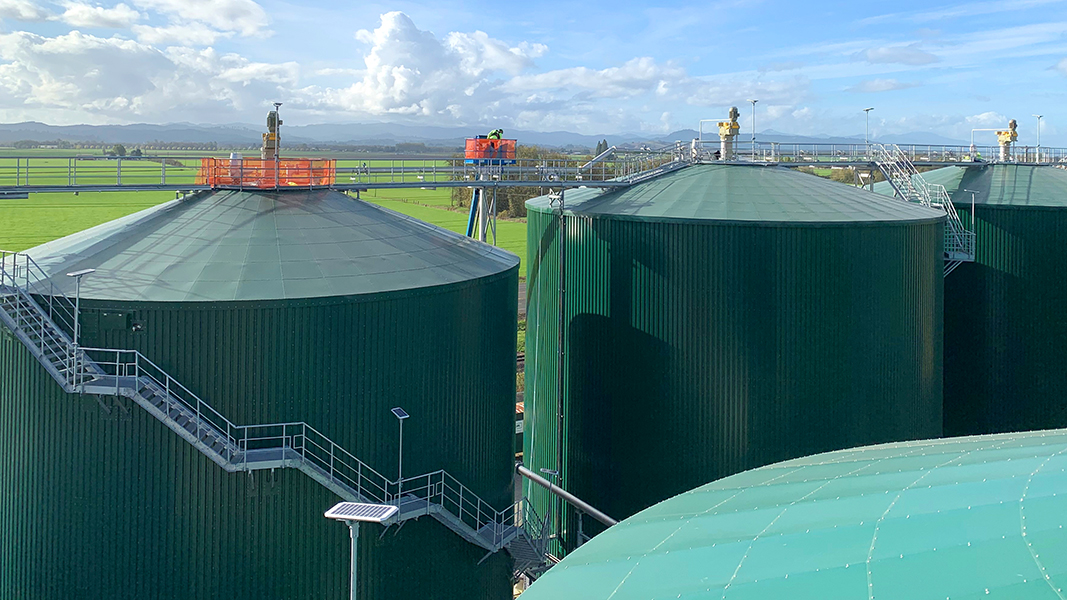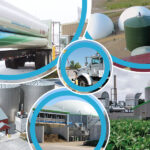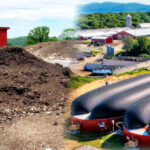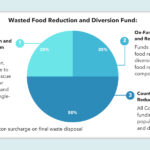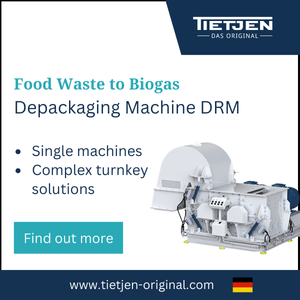Top: Shell New Energies Junction City anaerobic digestion facility in Oregon. Photo courtesy of Shell Oil Products US
Shell Oil Products US, a subsidiary of Royal Dutch Shell plc, began production of renewable natural gas (RNG) at its first U.S. biomethane facility, Shell New Energies Junction City in Oregon. Shell purchased the former JC Biomethane anaerobic digester in Junction City in May 2018. The JC Biomethane project was digesting source separated food scraps, primarily from the Portland Metro region.
The Shell New Energies facility utilizes locally sourced cow manure and excess agricultural residues to produce RNG; no food waste feedstocks are accepted. An expected 736,000 MMBtu a year of RNG will be produced. The Junction City project is part of Shell’s growing portfolio of developing RNG production and distribution assets supporting low-carbon intensity renewable compressed natural gas (R-CNG) as fuel for heavy-duty, on-road transport, according to the company. “Biomethane has a significant role to play in the energy transition, and this achievement advances our strategy as we work to reduce emissions from the fuels and other energy products we sell,” said Carlos Maurer, Executive Vice President Sectors and Decarbonization at Shell.
Additional RNG production facilities — to be located directly within operating dairies — are being developed. These include Shell Downstream Galloway at the High Plains Ponderosa Dairy in Plains, Kansas and Shell Downstream Bovarius at the Bettencourt Dairies in Wendell, Idaho. Together, these two facilities can produce approximately 900,000 MMBtu a year of negative carbon intensity RNG. Production from all three digesters is expected to help supply Shell R-CNG fueling sites planned at the company’s product distribution complexes in Carson, Van Nuys, Signal Hill, and San Jose, California, and at a terminal in Portland, Oregon, owned by Shell Midstream Partners L.P. “Providing 100% R-CNG for customers would allow these fueling sites to substantially decarbonize product movements out of the terminals,” notes a company press release.


